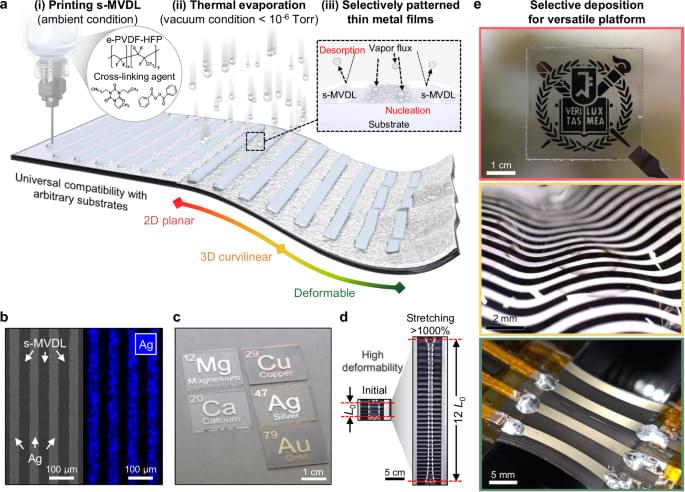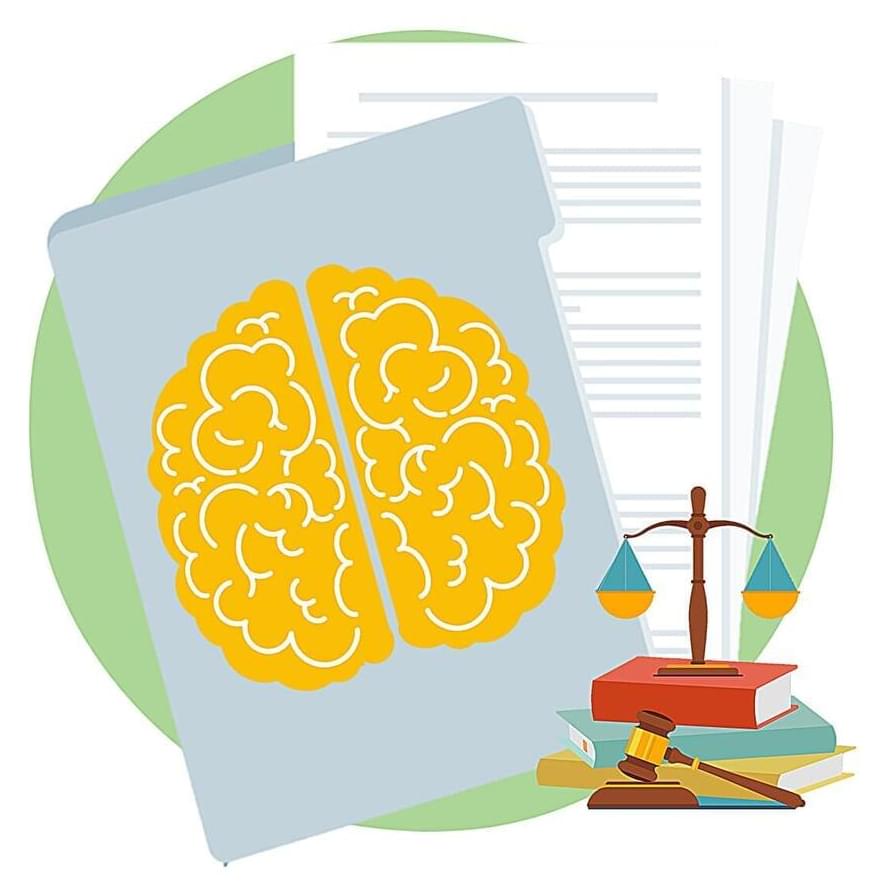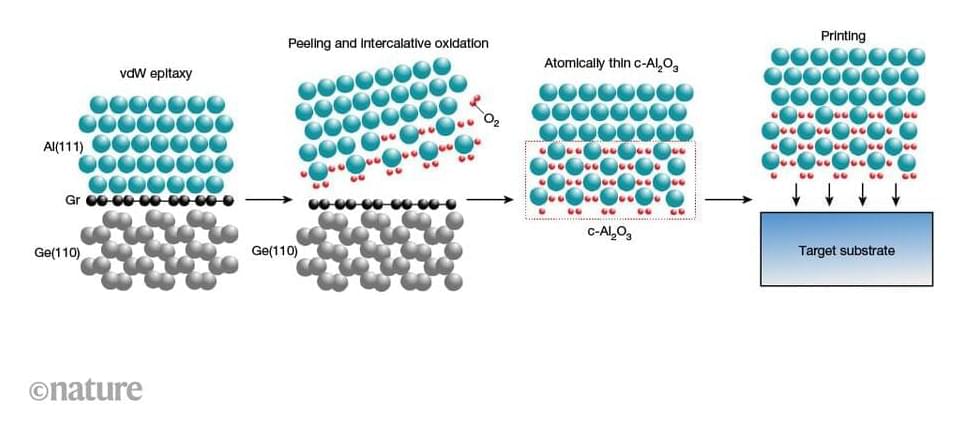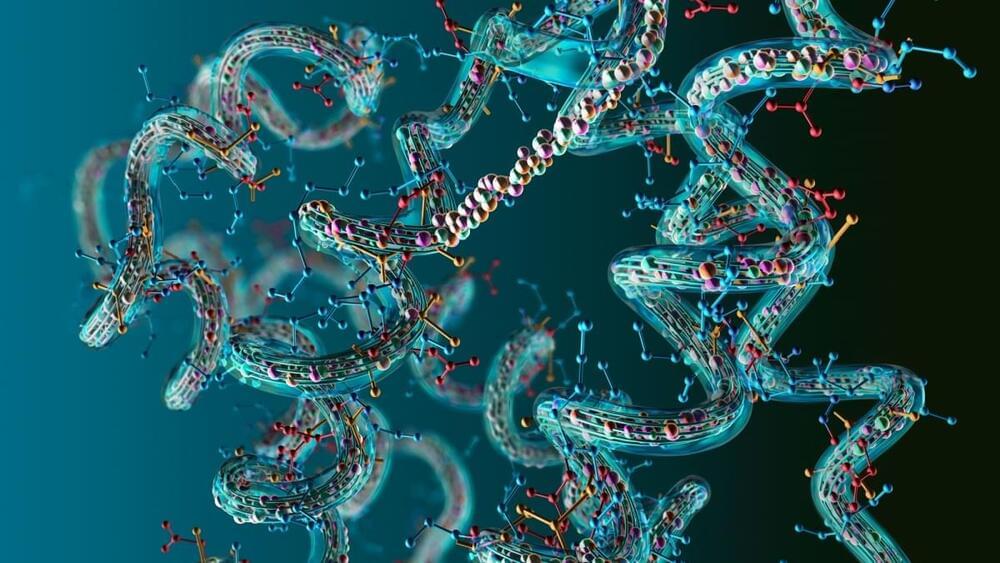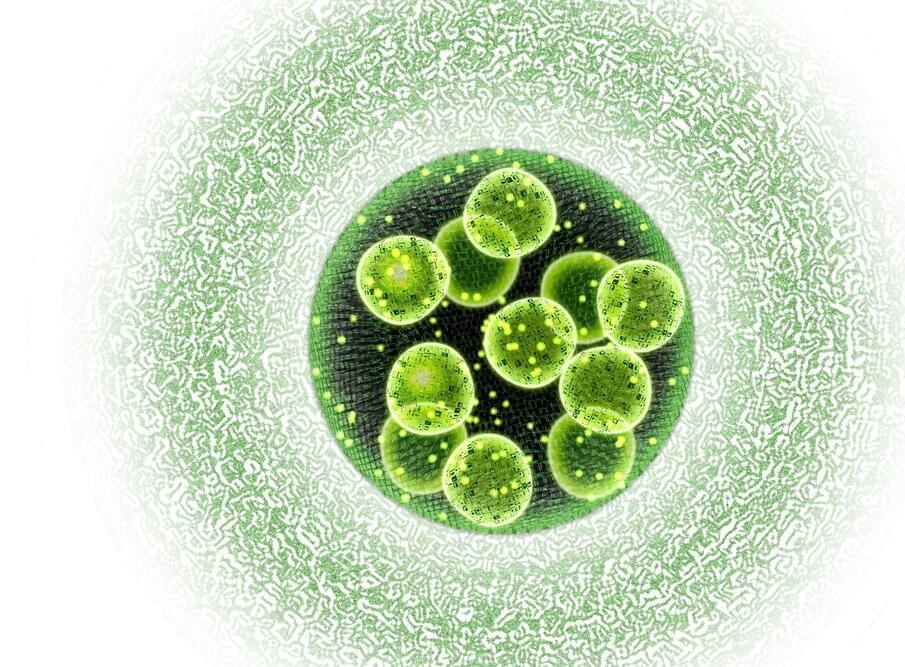Page 388
Aug 23, 2024
Printable, stretchable metal-vapor-desorption layers for high-fidelity patterning in soft, freeform electronics
Posted by Dan Breeden in category: electronics
Existing patterning methods for thin metal films rely on prefabricated rigid masks incompatible with soft substrates. Here, the authors report printable and stretchable metal-vapor-desorption layers that facilitate high-fidelity patterning, enabling circuits and devices on 3D curvilinear and stretchable substrates.
Aug 23, 2024
A new ‘AI scientist’ can write science papers without any human input. Here’s why that’s a problem
Posted by Dan Breeden in categories: robotics/AI, science
AI systems mass-producing cheap research would be bad news for an already struggling scientific ecosystem.
Aug 23, 2024
No, new measurements can’t relax the Hubble tension
Posted by Dan Breeden in category: space
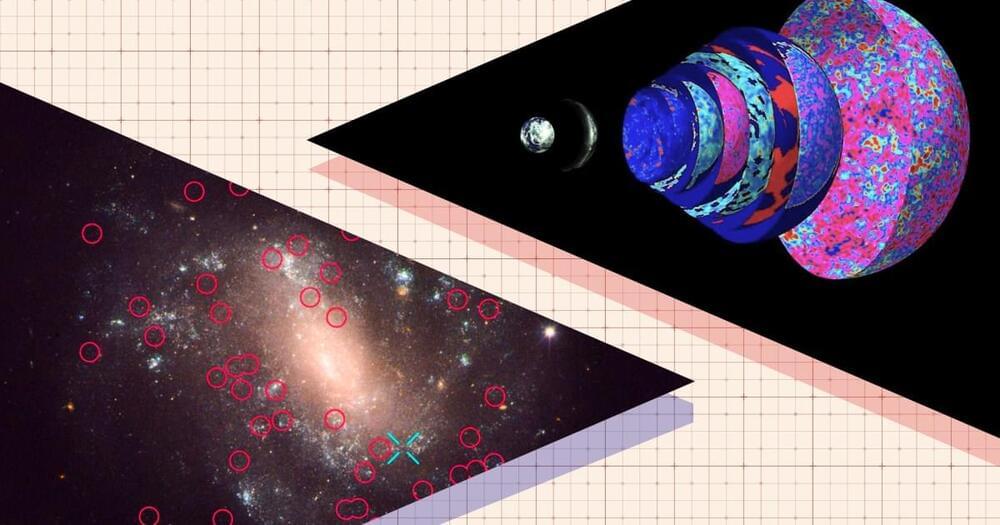
There are two different ways to measure the expansion rate of the Universe, and they don’t agree. And no, new measurements don’t help.
Aug 23, 2024
Legal challenges in human brain organoid research and its applications
Posted by Dan Breeden in categories: biotech/medical, law, neuroscience
A study appearing in Journal of Bioethical Inquiry explored the legal and ethical challenges expected to arise in human brain organoid research.
Human brain organoids are three-dimensional neural tissues derived from stem cells that can mimic some aspects of the human brain. Their use holds incredible promise for medical advancements, but this also raises complex ethical and legal questions that need careful consideration.
Seeking to examine the various legal challenges that might arise in the context of human brain organoid research and its applications, the team of researchers, which included a legal scholar, identified and outlined potential legal issues.
Aug 23, 2024
Ultrathin sapphire synthesized for advanced 2D electronics
Posted by Dan Breeden in categories: computing, electronics
Single crystals of atomically thin sapphire have been prepared at room temperature, opening the way to miniaturized chips.
Aug 23, 2024
Synthetic Biology Matures, Promising Affordable And Personalized Treatments
Posted by Dan Breeden in categories: bioengineering, biological
Advances in synthetic biology are moving biopharma closer to a world where treatments can be tailored while remaining cost-effective.
Aug 23, 2024
Synthetic Biology in Medicine: How it’s Used
Posted by Dan Breeden in categories: bioengineering, biotech/medical
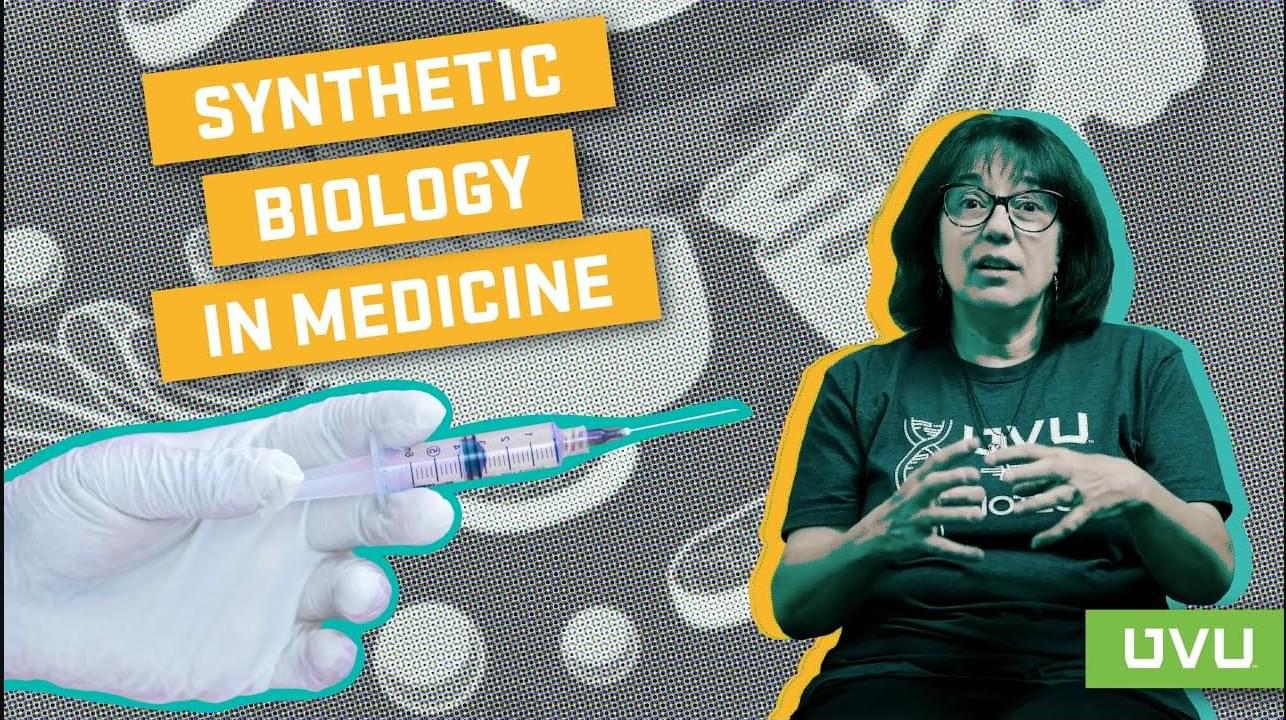
The future of medicine lies in synthetic biology! In this video, you’ll learn how synthetic biology is used in healthcare and why it can help develop cancer treatments and much more.
Are you interested in furthering the field of biology or medicine? Visit uvu.edu to carve your path.
Continue reading “Synthetic Biology in Medicine: How it’s Used” »
Aug 23, 2024
5 Synthetic Biology Discoveries Accelerating Global Sustainability
Posted by Dan Breeden in categories: bioengineering, biological, sustainability
In celebration of Earth Day and Earth Month, we’ve rounded up five sustainability discoveries made possible by advancements in synthetic biology.
Aug 23, 2024
At the Quantum Frontier
Posted by Dan Breeden in categories: chemistry, computing, quantum physics
Quantum computers have the potential to revolutionize our understanding of the world around us—and teach us how to manipulate it. The technology could enable the rapid design and development of life-saving drugs, simulate superconducting materials that would revolutionize technology and clean energy, and even offer insight into the underlying structure of space and time. Like the qubits that sit in superposition at the heart of quantum computers, the possibilities seem endless.
“Right now, you will find people who see quantum computing as a panacea,” says Susanne Yelin, a professor of physics in residence at Harvard’s Faculty of Arts and Sciences. “I am not one of them. But quantum computing could help us better understand fundamental physics, such as problems in condensed matter or particle physics. It could also advance quantum chemistry [which uses quantum physics to understand chemical systems]—and with it, better development of drugs and materials.”
At the Harvard Kenneth C. Griffin Graduate School of Arts and Sciences (Harvard Griffin GSAS), PhD physics students Maddie Cain, on whose dissertation committee Yelin sits, and Dolev Bluvstein are working to make the promise of quantum computing a reality. In the laboratory of Professor Mikhail Lukin, Cain and Bluvstein push the boundaries of science, advancing the prospects of transformative applications that could reshape our world.

